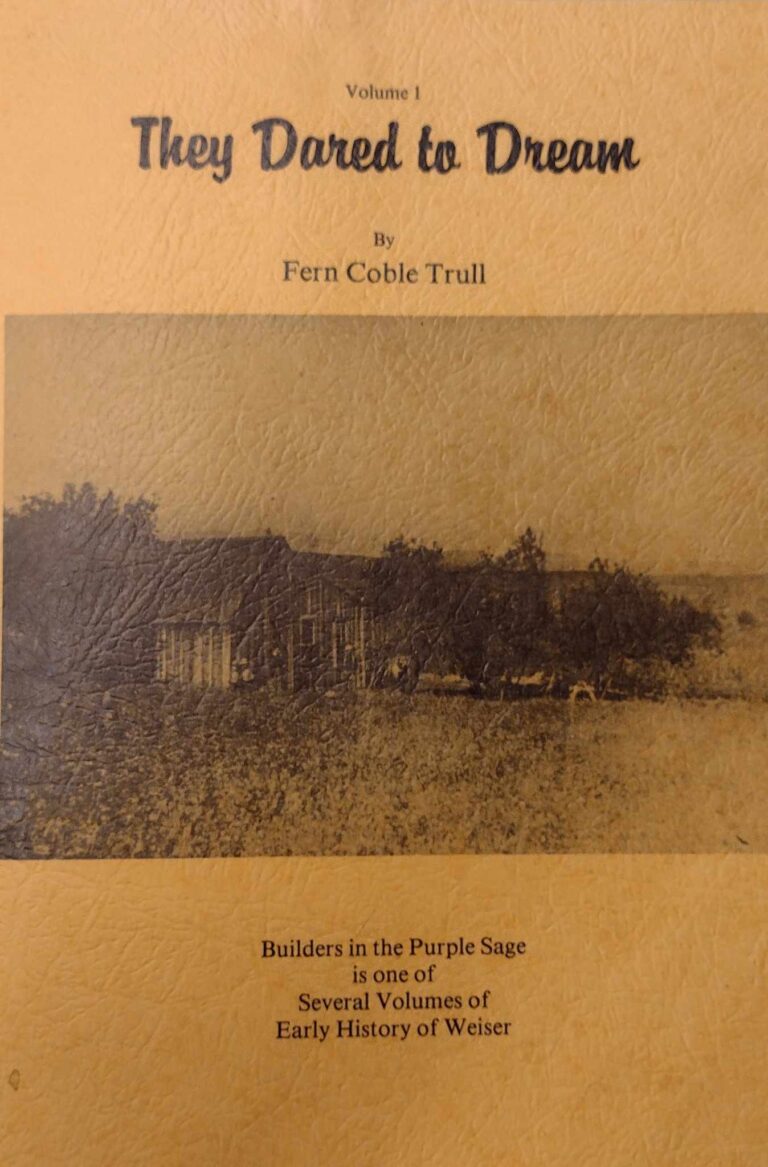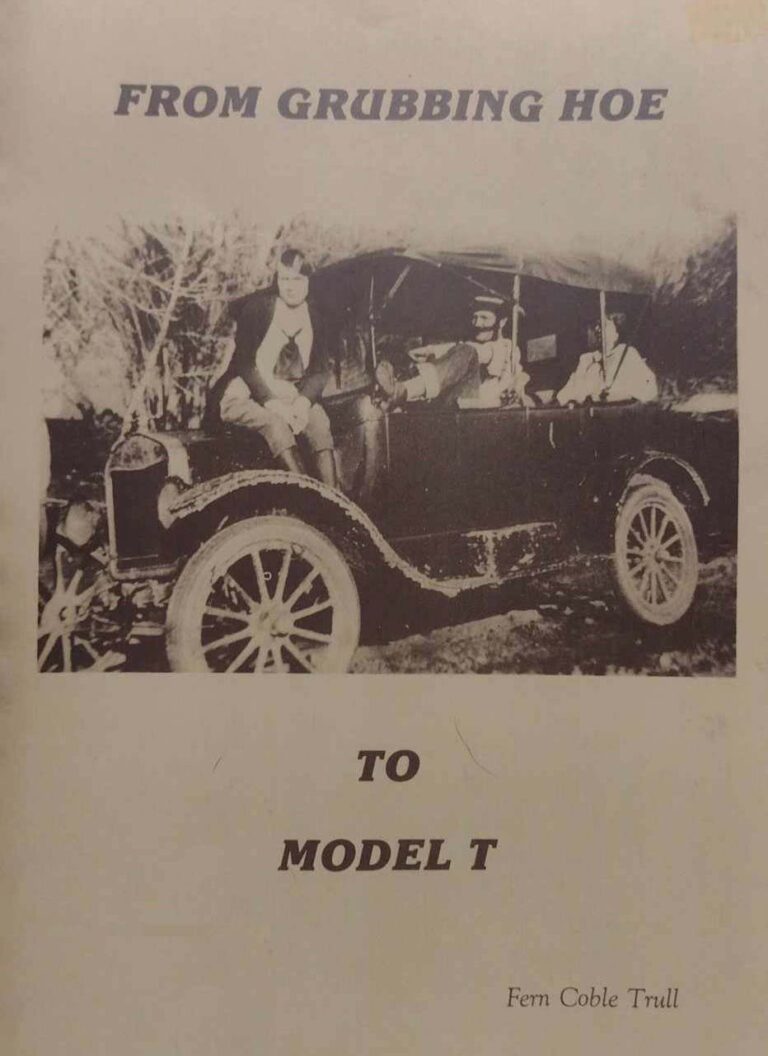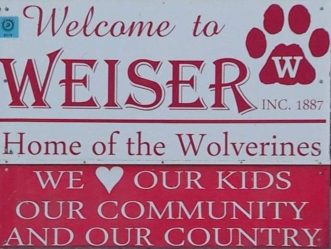Forward from Volume 1 – “They Dared to Dream (in the Purple Sage)”
Many years ago, Idaho was just a place to cross to get to the Pacific Coast. Travelers endured the Civil War, some because their land was wearing out, others to escape the poverty of the big cities. They sought health, for somehow the clear, clean air, sunshine, and balmy breezes made them feel better. It was through no fault of their own, and they wanted to try again in a new place. There was free land in the West for the taking, and that was the supreme prize for all of them. And for some, it was just over the hill or around the bend.
The journey was long, by team and wagon, on horseback, and on foot. They crossed the seemingly endless prairies, struggled over the Rocky Mountains, navigated the treacherous lava beds of the Snake River, and traversed the hot-dry, limitless sagebrush uninhabited desert stretching as far as the eye could see and beyond. Eventually, they came to a gentle and meandering stream that flowed through a little valley, boasting tall grass and tall sagebrush.
Speaking gently, the bone-weary drivers stopped the wagons to rest the horses and took stock of their worldly goods — dust-laden horses with heads hanging low, dust-covered wagons with squeaking wheels, poor, sore-footed oxen and horses, pockets empty of cash, and all dog tired. Just ahead of them, to be crossed, flowed a stream, laughing merrily on its way.
Teams unhitched, harness taken off, a sharp slap on the rump, and the stock headed for the river.
“A sudden rush of feet, of all the wagon train members, old and young, into the water among the stock, splashing, laughing, and now refreshed.
“We will stay awhile,” they said, and a great long while it has been!
A sagebrush fire to cook the evening meal and a night’s rest under a bright moon and sparkling stars.
As they rested day by day beside the little river, greasing the wagon wheels, herding the stock amidst the tall bunch grass, enjoying fresh wild game or wild birds, the little stream seemed to cast a spell over them.
The day of departure receded farther and farther into the distance, almost fading into the mists of a hundred years. Independently, some of the men began to seek out other little flowing creeks, and slowly, little willow and mud cabins began to rise on those stream banks.
Making a living out of adversity, to most of these men, became a way of life. Most had little “book learning,” having spent only a few years in school. However, they could read, write, and cipher. They had worked since childhood, engaging in hard work, learning to “make do,” and improving their poor tools to make life easier. Some couldn’t write their names, but they could grub sagebrush, plow a field, and do the necessary work to make a living for a family.
Plenty of room allowed their “squatter” huts to be far apart, but that did not make them less friendly. Neighbors were crucial. They readily understood the need to work together, as there was no one in this broad land to turn to but themselves and Almighty God. Yet, they knew very little about each other. In the West, you did not ask a man his name, where he came from, or why he came. When he said, “My name is Bill,” that was enough. Forefathers did not matter. Bill was accepted based on his own worth, skill, and labor, knowing he would be there when it counted — at the scream of an Indian on the warpath, the rumble and roar of an avalanche, or the growl of a wounded grizzly.
Deals were consummated and kept by the shake of a hand. A man’s word was his bond; no signed papers were needed. There were only God’s laws and the laws of nature, so they made their own to govern themselves — laws to control the rich and powerful and laws to help and protect the weak and the poor.
Out of all these vicissitudes, they evolved a new civilization, a way of life for the common man that has never been surpassed in the history of mankind. Their story may take several volumes to tell, and “They Dared to Dream (in the Purple Sage)” is the first one!








